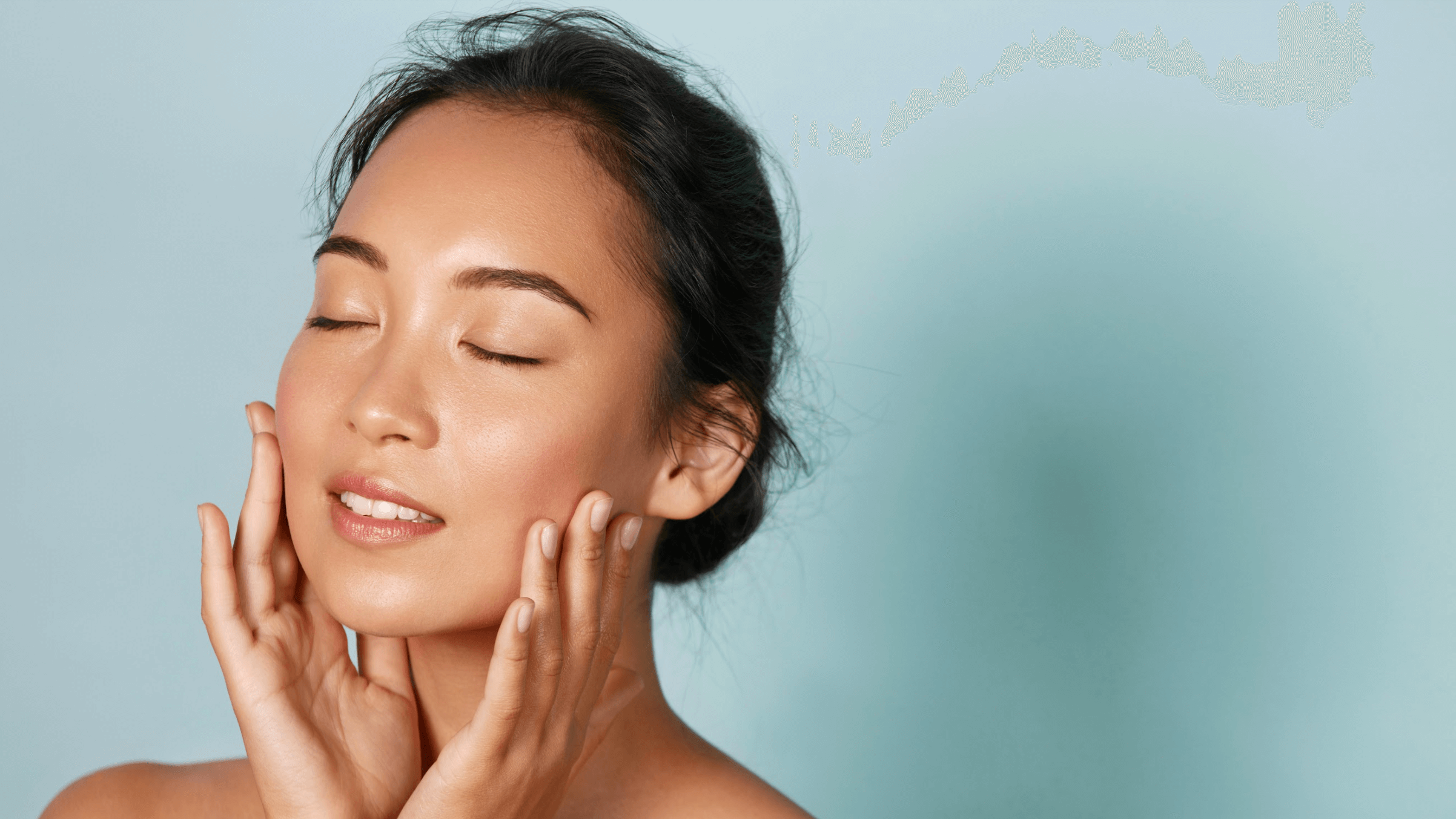Reduce Fine Lines and Wrinkles with Laser Skin Resurfacing
&srotate=0)
If you’ve got mild to moderate lines that don’t seem quite severe enough for a facelift – but you’d still like to address them – we can help. At Mountain Med Spa in Denver, CO, board-certified physician Dr. Rock Navarkal and our team of aesthetic experts perform a complete range of skin rejuvenation treatments and procedures to combat the signs of aging and sun damage, including lines and wrinkles. One of the most sought-after treatments for patients looking to smooth out facial lines is laser skin resurfacing, which offers a number of other benefits as well. Find answers to many of the most-asked questions about laser skin resurfacing below.
What does laser resurfacing do for the skin?
With several different types of laser skin resurfacing available at Mountain Med Spa, we can help patients target a long list of concerns, from mild to more advanced. Most often, people choose laser skin resurfacing to reduce the signs of aging and the side effects of sun damage, including:
- Lines and wrinkles
- Hyperpigmentation
- Rough skin
- Dark spots
- Acne scarring
Which laser resurfacing treatment do I need?
Depending on your specific concerns, Dr. Navarkal may recommend one of the following kinds of laser resurfacing:
- Non-ablative: This approach stimulates the production of collagen beneath the skin without damaging the skin’s outermost layers. Patients should plan to wait several weeks or months for the results of non-ablative skin resurfacing to appear.
- Ablative: With ablative laser skin resurfacing, fine layers of skin are destroyed, and collagen production is triggered, helping to smooth out lines, wrinkles, and scars.
- Fractional: A combination of ablative and non-ablative laser technology for a deeper and more complete treatment.
With stronger treatments, like ablative skin resurfacing, patients may require a short recovery period as their skin heals and flakes away. Less extensive treatments, such as non-ablative resurfacing, typically allow patients to resume their daily activities right away, though sun exposure should be limited after all forms of laser skin resurfacing.
Does laser skin resurfacing hurt?
Some of the stronger and more extensive laser skin resurfacing treatments may be uncomfortable, but our team is committed to making your experience as enjoyable as possible. In many cases, a topical numbing cream can be applied before treatment begins, greatly diminishing any discomfort you may feel during the procedure. After treatment, it is normal to experience some level of redness, irritation, stinging, or itching – symptoms that are often likened to mild sunburn. Again, these side effects will depend on the type and strength of the treatment performed.
How often should you get laser resurfacing?
The frequency of laser skin resurfacing treatments will vary from person to person based on their skin care needs, the strength of the treatment performed, and other factors. While lighter treatments may be safe and appropriate to perform every month or two, deeper laser treatments may need to be spaced out by as much as 12 – 18 months. Dr. Navarkal can help you determine a laser resurfacing treatment schedule that balances your logistical needs with the results you desire.
Leave lines and wrinkles behind with laser skin resurfacing in Denver, CO
Even fine lines and early wrinkles can age your face, leaving you looking – and sometimes feeling – older than you really are. Still, you may not be quite ready for a facelift or invasive cosmetic surgery. To smooth away surface lines and wrinkles and revitalize your complexion, consider laser skin resurfacing. For more information on the full suite of laser resurfacing technologies available at Mountain Med Spa, call to schedule your consultation with board-certified physician Dr. Rock Navarkal or one of our experienced aesthetic providers today.